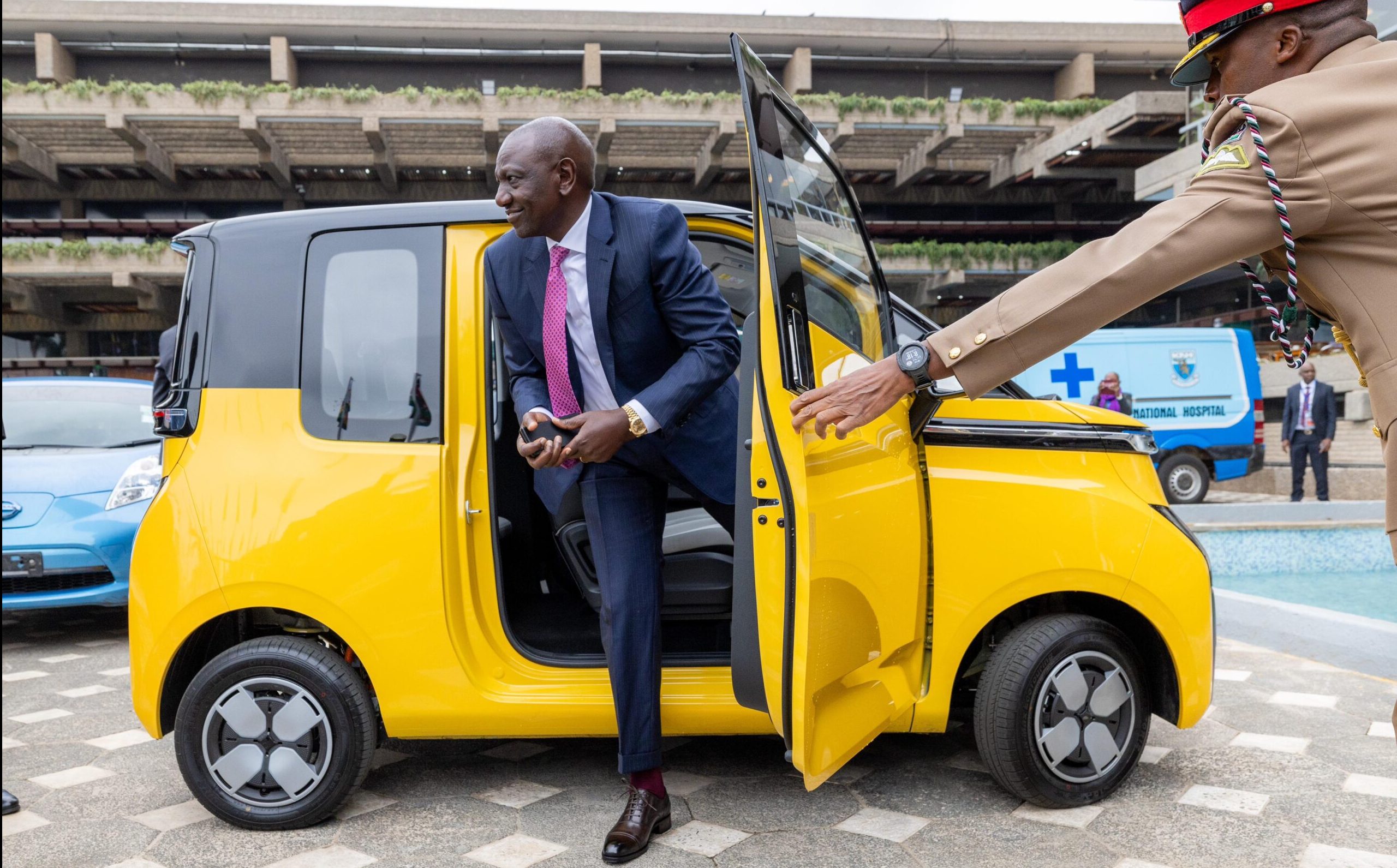Kenya revs up to lead on electric vehicles

Kenya’s aspirations of continental leadership in combating climate change were clearly displayed during Africa Climate Week, held in Nairobi from 4-8 September. Hosting the inaugural convening signals President William Ruto’s commitment to Kenyan climate leadership, and his self-driven arrival in an all-electric motorcade spotlighted mobility as a key sector in the fight to curb carbon emissions. Electric vehicle (EV) uptake is growing rapidly in Kenya, and recent developments offer a glimpse into how the country aims to navigate the challenges of combating climate change while improving the quality of life for an expanding population.
Enabling environment
The first advantage that has seen Kenya emerge as a continental leader in EV is an abundance of renewable energy. The national electricity grid draws over 90% of its power from renewable sources and the relative reliability of this power enables the adoption of electric mobility. The composition of the national grid also makes it an area for high impact, with estimates that an electric bus in Kenya reduces carbon emissions by four times more than a similar bus utilising coal-fired generation.
In addition, Kenya has an increasingly strong enabling policy environment. Reduced charging tariffs, preferential import tariffs, local manufacturing incentives and reduced electricity tariffs all encourage adoption. This will be bolstered by the work of a recently established national task force that will further strengthen the enabling policy and regulatory frameworks.
All of these factors are undoubtedly motivated by the country’s climate ambitions, and their success lies in their ability to make a tangible impact on individuals. According to M-Kopa, a major Nairobi-headquartered financier targeting the underbanked, most users of electric vehicles – predominantly two and three-wheelers at present – report both reduced costs and an improved experience.
The government is further incentivised to accelerate adoption beyond its climate goals by the mitigation the industry offers against Kenya’s challenging economic position. A reliance on imported oil, a rapidly weakening shilling and the decision to double retail tax on fuel in light of fiscal consolidation efforts has led to steep price increases. Greater adoption of electric vehicles therefore offers the potential to reduce a major driver of recent social unrest.
Energy independence
In other African countries, energy independence may be a compelling motivator for encouraging independent renewable energy generation. Most of Kenya’s continental counterparts have electricity grids that are reliant on fossil fuels. South Africa’s, the continent’s largest, is notoriously coal-heavy.
While there are still benefits to EVs that are charged utilising fossil fuel power, they are reduced in comparison to those charged using renewable energy. However, independent renewable generation offers a dual solution in this regard, overcoming many of the infrastructure challenges that impair the ability of the industry to scale on the continent – particularly outside of urban areas. Kenya will likely need this independent generation itself given the size of its energy grid and reliability challenges in parts of the country, with pilot projects already underway.
Future-proofing
Kenya’s leadership on EV adoption shows foresight. Second-hand imports dominate the car market and many originate from the European Union – which has banned the sale of internal combustion engine cars from 2035. With vehicle imports into Kenya restricted to vehicles under eight years old, an enabling environment for mass EV utilisation will need to be in place within the next two decades. Ambitious local industry has already begun to take action to challenge misperceptions on EVs and independent renewable energy generation, leading the charge to make Kenya’s streets less polluted and noisy.
About the author
Rafael Friedman is a Consultant in the Public Policy and Regulatory Affairs team based in Nairobi.
Image source: PCS
Proud to be BCorp. We are part of the global movement for an inclusive, equitable, and regenerative economic system. Learn more


